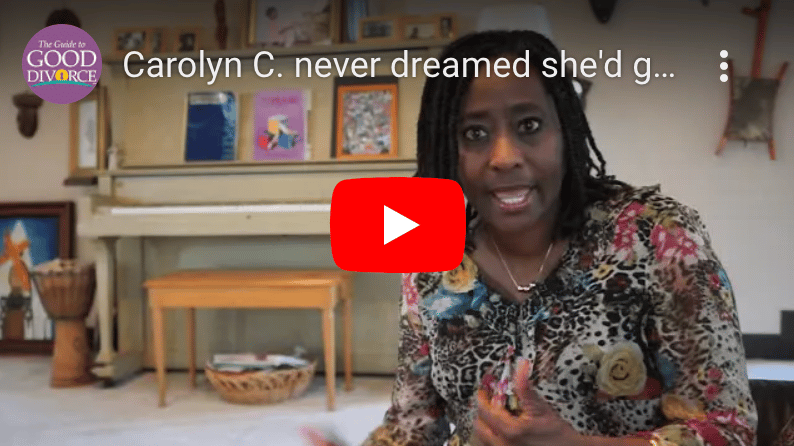
Learn About Mediation and Divorce in Texas
Increasingly, couples seeking divorce are using alternative dispute resolution (ADR) methods to resolve issues in divorce proceedings. Mediation is probably the most common type of ADR method used in divorce cases today. While not advisable in all cases, this approach to navigating the divorce process can work well when couples are on equal footing, want to plan for the future and have a role in developing the settlement agreement that will get them there.
Many family law courts in Texas, including those in the greater Houston area, have adopted a mandatory mediation requirement in an attempt to resolve divorce settlement issues without the expense of a trial. Some courts even require parties to attend mediation session prior to a hearing on temporary orders.
Why Should I Have A Mediator?
Mediation can be quite useful in divorce cases, and offers couples the opportunity to save time, reduce costs, maintain privacy, preserve their dignity, resolve disagreements and if necessary, have better control of their future relationship, especially if minor children are involved.
Mediation is also difficult and demanding. Divorcing couples who use mediation must gather and share information, agree to set goals, negotiate, compromise, and abide by the results. Generally, each spouse and their attorneys select a third party as a mediator. He or she may be an attorney (but is not allowed to give legal advice), a mental-health professional or other professional who has been trained in ADR techniques, divorce law and conflict resolution. There is usually a cost for the mediator’s services (usually cheaper than litigation), which is typically split between the couple. Unlike judges, a mediator has no decision-making authority, but strives to help the parties identify issues to be resolved and develop options that satisfy them both.


The Mediation Session
The mediation session itself can be structured to fit each case, but typically each spouse and his or her attorney are seated in separate rooms and the mediator shuttles back-and-forth with offers and counter offers as they work toward a settlement. Each spouse may also have financial or other experts present during the mediation process.
In most cases, at the end of each mediation session, the mediator will draft a memorandum of understanding which reflects the participants’ tentative agreement. This document will be sent to each party and the attorneys for review, revision and/or additions. Until the memorandum is signed, neither participant is bound by it. At the conclusion of all mediations sessions and revisions, a final memorandum, or Mediated Settlement Agreement (MSA), will be drafted and sent to both sides for final review and signing. Mediations in family law situations are generally binding and irrevocable once both sides have signed. Once signed, it will be submitted to the court for processing and approval.
Divorcing spouses are not required to have their attorneys present during mediation, but most prefer to have them available to provide advice regarding their legal rights and responsibilities. Regardless, each spouse is strongly encouraged to make sure his or her attorney reviews any final settlement agreements or MSAs before signing such documents.
Learn If Mediation Is Right For Your Situation
Mediation has many advantages for divorcing couples; however, mediation is not appropriate in all cases. This approach requires that both spouses be committed to full and fair disclosure, and engage in the process in good faith. If domestic violence, substance abuse, mental or emotional incapacitation is present, mediation may not be the best option.
Mediation is not a place to coerce a partner or get around the law. Both spouses should feel they have equal bargaining power and are willing to communicate openly. Neither spouse should be domineering or controlling over the other; for example, when one party has little or no information about the family finances, the other party’s unilateral financial control can derail negotiations during mediation..
When it is successful, mediation provides an eloquent way for divorcing couples to resolve issues and find a way to move forward with grace and dignity.


For More Divorce Resources, Contact Our Team
With over three decades of experience guiding women through divorce, Sam M. (Trey) Yates, III established The Guide to Good Divorce℠ to help women going through a divorce. Whether you’re seeking legal insights or financial guidance, The Guide to Good Divorce is here to be your trusted resource.
Our platform supports women of all ages by equipping them with the necessary information for navigating divorce. We hold regular divorce seminars and provide other valuable resources to help women in Texas going through divorce. Learn more about The Guide to Good Divorce and our Five Keys today.


